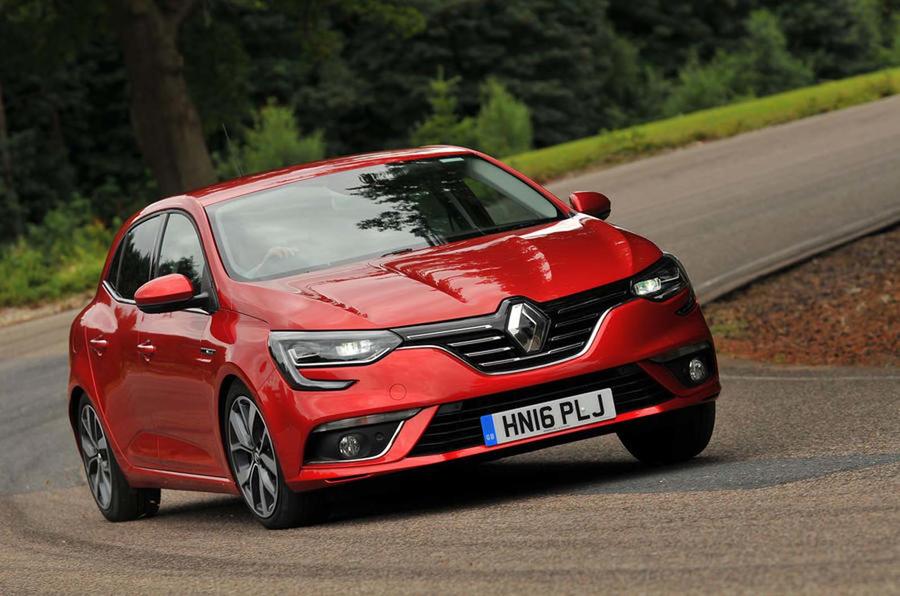A Mégane-sized electric car will be crucial to Renault’s electric growth plans in Europe, according to the company's electric boss, Gilles Normand.
The Renault Zoe is currently the best-selling EV in Europe ahead of the Nissan Leaf, while the recently revealed Twingo-sized K-ZE is also likely to arrive in Europe by 2022.
However, Normand said that Renault “definitely needs something bigger”.
“Zoe is B-segment, So we need to go down with A-segment – the K-ZE – and we need to go a little bit up. Our strategy is very clear: we want to cover the key segments in Europe [in the] A, B, and C segments.”
Normand hinted that the C-segment electric car would be an electric equivalent to the Renault Kadjar. “The worldwide industry trend is SUV, so clearly going in an SUV direction is a good trend,” he said.
Such a car would also have a longer range than the Zoe and K-ZE, which claim 186 miles and 155 miles respectively.
“If you look at Zoe buyers’ profile, 80% of users fit with the current range of 186 miles," continued Normand. "For C-segment, it’s only 60%, so here we need more range.
“By 2022, we want more than 310 miles real usage, so we are working on it.”
The model will be built on a new common platform, shared with Nissan and Mitsubishi, called CMF-EV, which will arrive before 2022.
The platform will be modular for use on numerous vehicles. However, the next-generation Zoe isn't expected to use it.
CMF-EV-based cars will be built at Renault’s Douai plant in France.
Read more
Renault reveals K-ZE electric car
Renault confirms early 2019 launch for next Clio
Renault EZ-Ultimo is luxury self-driving limo





Join the debate
Add your comment
Or...
...maybe Renault is just being cautious - it doesn't want another disaster like the Fluence EV was?
LP in Brighton wrote:
Well this time they could start with a better name than the Renault E-fluence for a start. The car might well have been a bit shit, but they didnt have to call it that
why
The main reason that car failed was because Renault thought the way forward was battery swapping, so they fitted a small battery. Crap idea, I posted that at the time, it deserved to fail. Amazing how these companies can get it so wrong
One possible reason
It's alot harder to do than the big boys thought. Just look at the latest Mercedes and Audi's offerings and they're still not being delivered anytime soon despite what the press releases indicate.
Why wait four years?
Surely Renault could produce its own version of the Nissan Leaf very quickly if the demand was there? If nothing else this would be an admirable stop-gap pending the all new model planned for 2022.